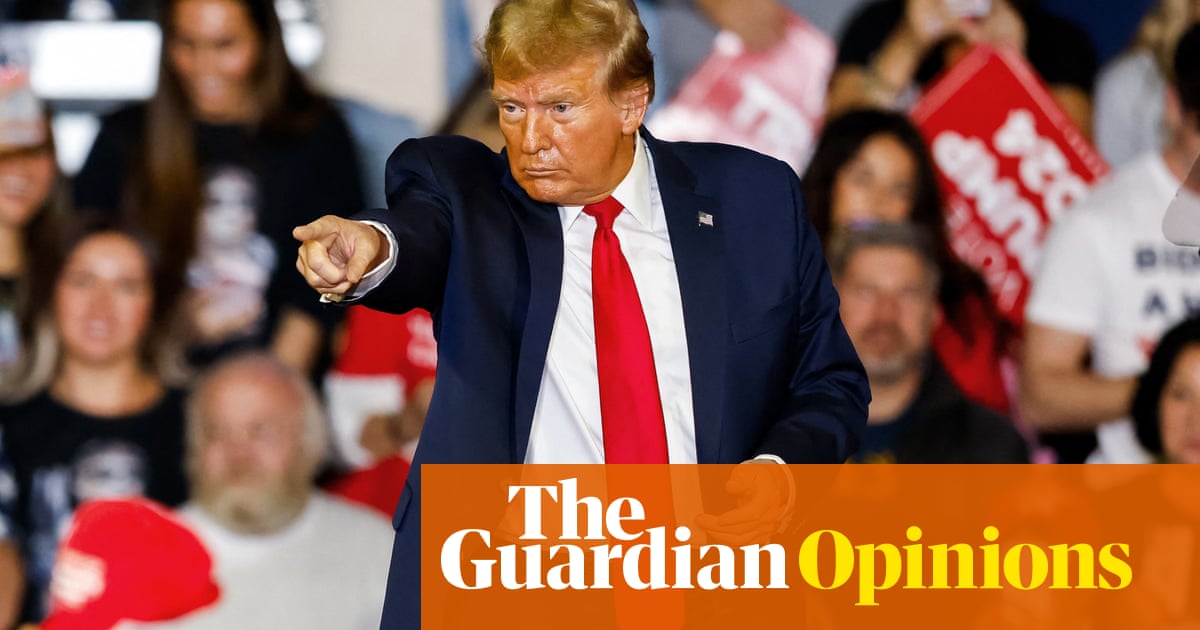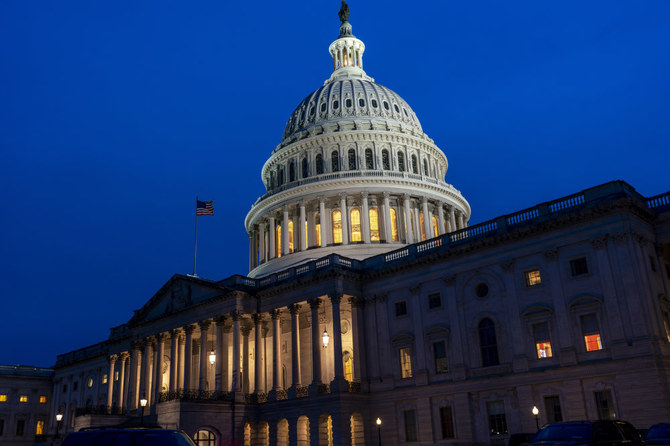
While the United States and governments around the world scramble to address the rapidly spreading coronavirus, officials are trying to keep people healthy and plan for the impacts on everyday life and the global economy. Governments must also urgently plan for the impact of the coronavirus on national security.
The US will continue to face a wide array of national security threats – some of them exacerbated by the response to the pandemic, others created because of it.
The sick joke of Donald Trump"s presidency isn"t funny any more
Richard Wolffe
Richard Wolffe
Read more
Existing national security challenges will be made worse as countries take extreme measures to respond to the coronavirus. The global crisis of displaced people – which is already at historic levels – could drive more instability as countries close their borders, if outbreaks occur in camps or if people flee countries incapable of handling the pandemic at home. The situation could deteriorate even further if leaders attempt to scapegoat refugees and foreigners, as we have already seen across Europe and the United States, where Donald Trump called it a “foreign virus”.
Governments must protect critical infrastructure such as cyber-networks. As large numbers of people attempt to telework, cyber-attacks could wreak havoc as countries attempt to keep their economies and essential functions going amid the crisis. And what happens if large parts of the CIA, defense department, and state department are told to telework, only to learn that the agencies don’t have the capacity for that many people to do so at the same time?
Tensions between countries could escalate. Trump’s surprise announcement of a travel ban on Europe has angered America’s transatlantic allies. South Korea has criticized Japan for a supposedly lax response to the pandemic, fueling tensions in a relationship between two key US allies that is already strained. And as friction between the United States and China grows, the Chinese Communist party’s botched initial response to the disease has fueled anti-China rhetoric and conspiracies in the US, with some members of the Congress calling the disease “Chinese coronavirus” and one senator even suggesting the disease could be a Chinese bioweapon. China’s slow and secretive response to the initial outbreak was dangerous, and there are many substantive criticisms of how China handled the response – but xenophobic and racist attacks are dangerous and wrong.
As officials are consumed by the coronavirus response, there are numerous ongoing conflicts – including wars in Afghanistan, Yemen and Syria – that the US and other countries now will have far less time and energy to attempt to resolve.
In addition to adding complexity to current threats, the measures governments take to try to stop the coronavirus will create new challenges. US military readiness is already being affected, as US navy ships in Asia have been quarantined, US-South Korea military exercises have been cancelled, and US soldiers around the world are just as susceptible to the disease as everyone else. The disruption in global supply chains will mean difficulty getting resources necessary for a national security emergency, whether it’s an attack or a humanitarian disaster. And there are always countries looking to take advantage of a crisis: Iranian attacks that killed US and British soldiers in Iraq, North Korean missile tests and a Russian fighter jet that was intercepted near Alaska were recent reminders that national security threats don’t disappear when countries are focused elsewhere.
In countries hardest hit by the disease, political stability could even be at risk. While China is attempting to spin its response to the virus as a success, it has been censoring and hiding information about how it allowed the crisis to spread in the first place. If the crisis in China spikes again, widespread dissatisfaction could terrify the CCP, which is already perpetually anxious about its grip on power. The same goes for Iran and Italy – both of which are in full-blown crisis mode – and any country that experiences the pandemic in similar proportions. This could also upend politics in democracies that go to the polls in the coming weeks and months, as voters judge how their government has responded – and as governments attempt to ensure that elections can safely take place.
This pandemic also poses a danger to the basic functions of government. With a number of members of Congress already self-quarantining – some of whom Trump has been in contact with – and senior officials in other governments already infected, all levels of government will have to ensure they have in place clear guidelines for continuity of government.
The longer and more devastating the pandemic is, the more threats to national security will grow
The way in which the United States and others respond to coronavirus will also have an impact on geopolitics. Despite its early disastrous actions that allowed the disease to spread, China is now attempting to portray its subsequent response as a success at the same time that America flails. And the contrast of the US banning travel from Europe while China sends medical assistance to Italy has not gone unnoticed. Like after the 1997 Asian financial crisis and the 2008 global financial crisis, new perceptions of power could emerge based on how countries act now.
While relevant officials must spend their time responding to the health aspects of the coronavirus first and foremost, others must begin preparing for national security contingencies. This is just the beginning of a massive global health crisis that could become far worse, and governments must learn the lessons quickly and begin changing policies that can help mitigate this pandemic as well as prevent the next one. To name just a few, governments should enhance multilateral coordination through the World Health Organization, ensure transparency with publics, establish pandemic prevention and response capabilities and boost assistance for health systems in developing countries.
The longer and more devastating the pandemic is, the more threats to national security will grow. And so, stopping the spread of the pandemic as swiftly and effectively as possible will be essential to safeguarding national security, as well as saving lives and the economy.












